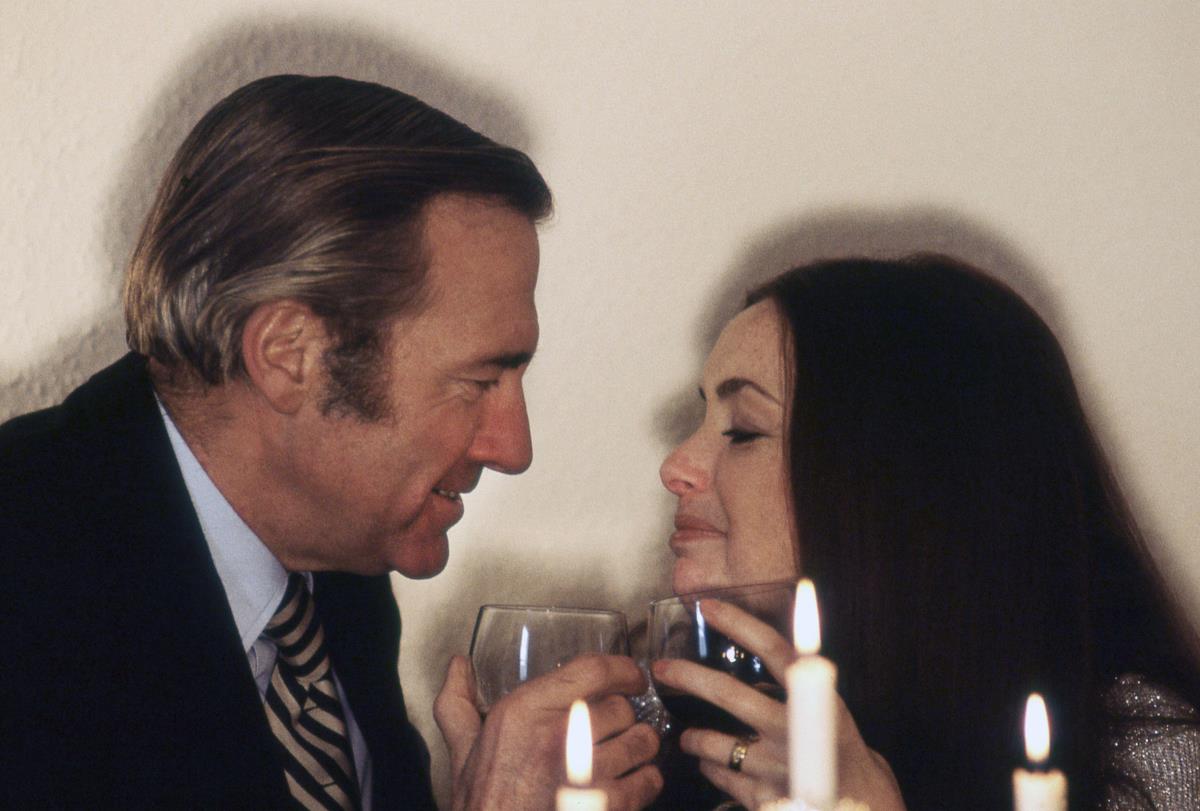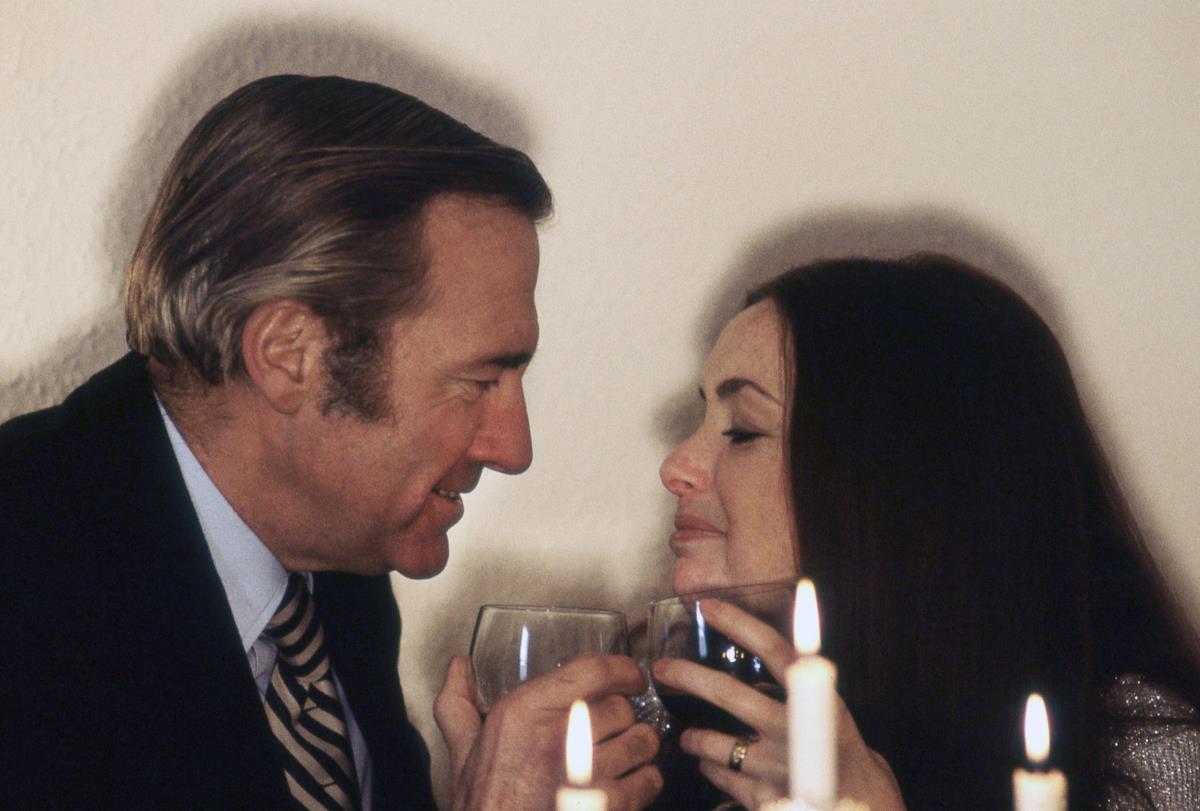The main topic of the article concerns numerous political affairs and scandals involving famous personalities from various countries, including former US President Bill Clinton and his affair with Monica Lewinsky, former Italian Prime Minister Silvio Berlusconi and his controversial parties, as well as the relationships of French President Emmanuel Macron. The article details the scandals, their consequences, public reactions, and their impact on the political scene. Additionally, it mentions other famous personalities and their controversies, including conspiracy theories related to Marilyn Monroe and the Kennedy family. This overview of affairs and scandals illustrates how the private lives of politicians are often subjects of public interest and how scandals can affect their reputation and political careers.
Political Perspectives:
Left: Left-leaning sources tend to emphasize the abuse of power and moral failings of political figures involved in these scandals, highlighting issues of accountability and the impact of such behavior on public trust in political institutions. They often critique the systemic issues that allow such scandals to occur and call for greater transparency and reform.
Center: Center-leaning sources report on the scandals with a focus on factual recounting of events and their political consequences, maintaining a balanced tone. They highlight the personal and political ramifications for the individuals involved, while also noting the public and media reactions. The coverage tends to avoid overt moral judgment, focusing instead on the implications for governance and public perception.
Right: Right-leaning sources may downplay the severity of the scandals or frame them as politically motivated attacks by opponents or the media. They might emphasize the resilience or achievements of the political figures despite the controversies, and sometimes portray the scandals as distractions from more important political or national issues. There can be a narrative of defending the individuals against what is seen as unfair criticism.



















